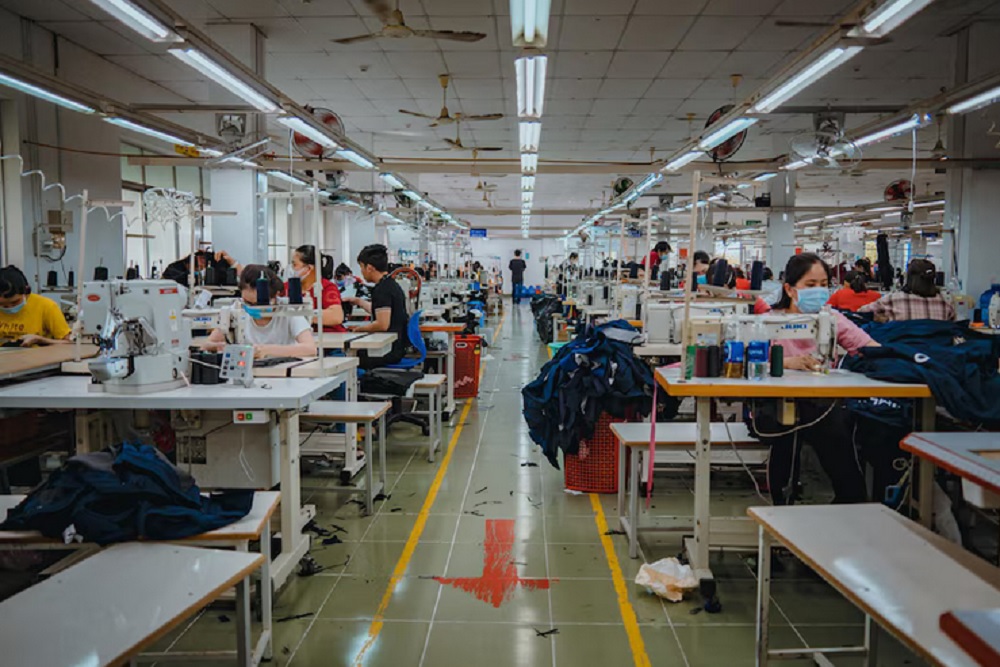
The government, through Finance Minister Purbaya Yudhi Sadewa, has officially implemented a Safeguard Duty (BMTP) policy on imported cotton yarn products. This policy is outlined in Minister of Finance Regulation (PMK) No. 67/2025, which will take effect in early November 2025, as a strategic measure to protect the domestic textile industry from pressures resulting from the surge in imports.
This policy follows up on an investigation by the Indonesian Trade Safeguards Committee (KPPI), which found a significant increase in cotton yarn imports in recent years. This increase occurred not only in absolute terms but also relative to domestic production, resulting in serious losses for the domestic industry.
Through PMK 67/2025, the government established the BMTP amount with a decreasing tariff scheme over three years. This gradual reduction is intended as a transition period to allow the domestic industry to adjust to global competition. This policy covers cotton yarn products under HS tariff lines 5204, 5205, and 5206, including carded, combed, and blended cotton yarns.
Furthermore, the BMTP applies to imports from all countries except the 120 developing WTO member countries listed in Appendix B, provided the importer can present a valid Certificate of Origin (CoO). If the CoO is invalid or not submitted, the full BMTP will still be collected. This regulation also emphasizes that the BMTP is in addition to general import duties or preferential import duties under international agreements such as FTAs and CEPAs.
Strikingly, this policy also covers monitoring of goods entering through free trade zones, bonded zones, or other customs facilities, unless otherwise stipulated by the regulations of those zones. Minister of Finance Regulation 67/2025 was signed by Minister of Finance Purbaya Yudhi Sadewa on October 8, 2025, and promulgated on October 20, 2025, with the provision that it will come into effect ten days after the date of promulgation.
Meanwhile, the Indonesian Fiber and Filament Yarn Producers Association (APSyFI) previously sent a letter to the Minister of Finance to discuss rescuing the national textile and textile product (TPT) industry, which has been impacted by illegal imports and product dumping. APSyFI Chairperson, Redma Gita Wirawasta, stated that the government's attention to the issue of illegal imports has provided new hope for textile businesses.
According to Redma, the integration of the national textile industry's supply chain, from upstream to downstream, is currently disrupted by the proliferation of illegal imports. He also highlighted the gap between Indonesia's trade data and that of partner countries, which indicates that many imported goods are not recorded in the Customs and Excise system, causing losses for both the state and local businesses.
APSyFI urged the Directorate General of Customs and Excise to strengthen supervision and improve procedures for receiving imported goods, particularly by optimizing the port-to-port manifest system. Redma believes that loopholes in the system still exist, allowing importers to create Import Notification (PIB) documents without referring to the Master Bill of Lading, thus opening up opportunities for misdeclaration, underinvoicing, and misuse of HS codes.
The government's BMTP policy is a strong signal that protecting the national textile industry remains a priority. With strict oversight and targeted regulations, it is hoped that the domestic industry can strengthen its competitiveness and adapt to the challenges of global trade.
